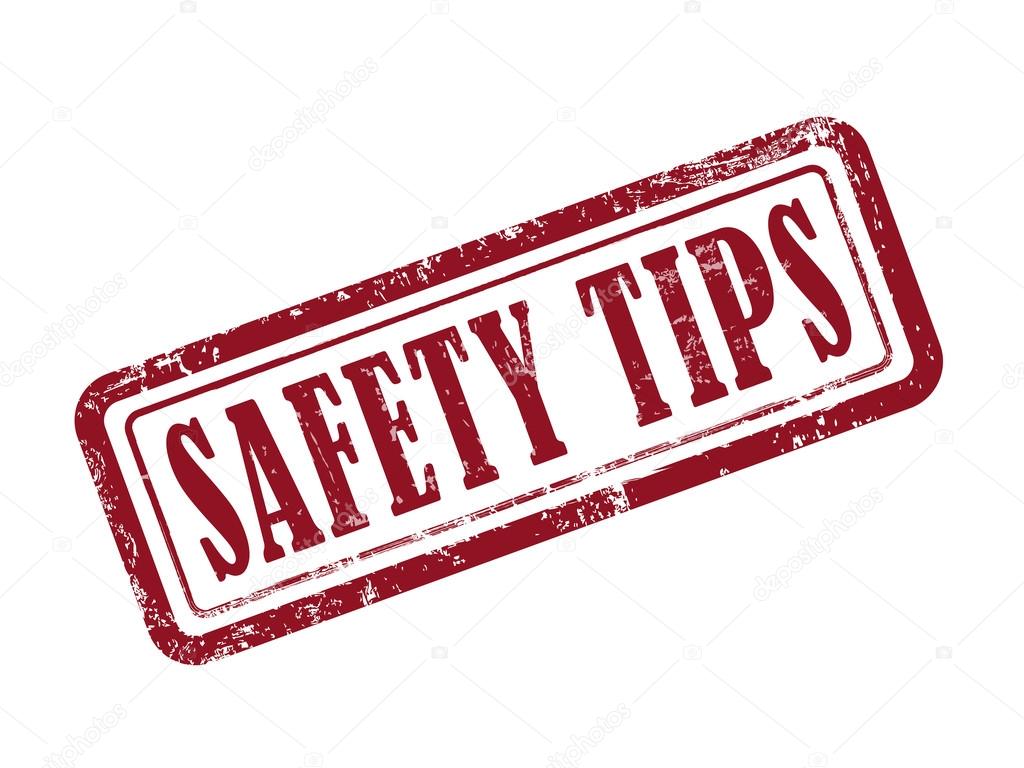
Power washing may seem straightforward — point, spray, clean — but behind that satisfying blast of water is serious pressure. Literally. A power washer can output anywhere from 1,500 to 4,000 PSI — enough to gouge wood, shatter windows, and even cause serious injuries. 😬💥
Whether you’re a solo power washing pro or managing a growing team, safety needs to be part of your daily workflow. Protecting yourself, your crew, your customers, and their property isn’t just good practice — it’s essential to running a professional, liability-free business. 💼🧼
Here are the top safety tips every power washing operator needs to know and follow on every job. 🚿🧠
⚠️ 1. Understand Your Equipment Inside and Out
A power washer isn’t a toy — it’s a high-powered cleaning machine. Always know:
- The PSI and GPM of your unit
- How to adjust spray nozzles and pressure
- What surfaces your machine is safe for
- How to shut it off quickly in an emergency
💡 Pro Tip: Keep your operator’s manual handy on your truck or in digital form on your phone. It can be a lifesaver in a pinch. 📱
🥽 2. Always Wear Proper PPE (Personal Protective Equipment)
This might seem obvious, but too many pros skip it. Protect yourself with:
- Safety goggles or face shields 🥽
- Steel-toe or non-slip boots 👢
- Gloves to protect against chemicals or heat 🧤
- Ear protection if using gas-powered machines 🔊
- Waterproof pants/jackets to reduce exposure and slips 🧥
Even a light spray can ricochet off concrete and hit you in the face or legs. Don’t take that risk. ⚠️
Browse Amazon Here For Power Washing Safety Gear
🧼 3. Be Mindful of Surfaces and Materials
Different surfaces require different techniques:
- Concrete can handle high pressure
- Wood needs soft washing or lower PSI
- Roofs may need chemical soft washing only
- Painted areas can peel with too much pressure
Spraying with the wrong setting or tip can cause expensive damage — and liability headaches. 💸
✅ Always test an inconspicuous area first
✅ Know your nozzles: 0° = max force, 40° = gentle fan
✅ Use chemical injectors properly — not all soaps are safe for every surface
🏠 4. Protect the Customer’s Property
Your job is to clean, not to wreck flowerbeds or flood basements. 😅
Take these precautions before you start:
- Move or cover plants, furniture, and décor
- Close windows, doors, and vents
- Tape electrical outlets or cover with plastic
- Check weather stripping around doors
- Never spray directly at light fixtures, vents, or open spaces
💡 Use tarps or waterproof sheeting to shield sensitive areas.
⚡ 5. Be Extremely Cautious Around Electricity
Water + electricity = disaster. ⚡🚫
Watch out for:
- Outdoor outlets
- Power lines overhead
- Electric meters or junction boxes
- Extension cords lying around
Always:
✅ Keep a minimum 10-foot distance from any power line
✅ Turn off power to any outdoor outlets you’ll be working near
✅ Never spray a power tool, generator, or panel
💬 If you’re unsure — ask the homeowner or call an electrician first. Don’t guess when it comes to power.
🌿 6. Use Chemicals Safely and Responsibly
Power washing often requires detergents and degreasers. But many of these chemicals:
- Can irritate skin and eyes
- Are toxic if inhaled or swallowed
- Can damage lawns or storm drains if misused
🧴 Always read the label and follow dilution instructions.
Wear gloves, don’t mix chemicals, and use environmentally friendly solutions when possible. 🌱
🛑 Never discharge soapy runoff into storm drains. It’s bad for the environment — and can get you fined in many states.
Browse Amazon Here For Eco-Friendly Pressure Washing Detergents
🚧 7. Secure the Work Area
If you’re working in public or commercial spaces:
- Set up cones or barricades 🟠
- Use “Caution: Wet Surface” signs
- Keep your hoses neat and out of walkways
- Communicate with building managers or tenants
You don’t want someone slipping on wet concrete because they didn’t know you were working nearby. 🚷
Even at residential sites, knock and notify. Let homeowners know:
- What you’ll be doing
- How long it’ll take
- What to avoid during the job
⛽ 8. Handle Fuel With Care
If you’re using a gas-powered unit:
- Refuel only when the engine is off and cool
- Store fuel in a labeled, safe container
- Never refuel near open flames or ignition sources
- Keep gas away from the cleaning area
🔥 A small mistake with gas can lead to major accidents.
👥 9. Train Your Team
If you run a crew, safety starts with education.
Hold short “tailgate” safety talks at the start of the week:
- Go over equipment use
- Review PPE expectations
- Talk about common job-site risks
- Role-play accident scenarios
Make safety a culture, not just a checklist. Your crew will work smarter, protect your business, and reflect professionalism that customers appreciate. 💼👷
🧯 10. Be Prepared for Emergencies
Things happen. What matters is how quickly and smartly you respond.
Make sure you:
- Carry a basic first-aid kit in your truck 🚑
- Know where the nearest urgent care or ER is
- Have emergency contacts programmed in your phone
- Train staff in basic CPR and first aid (Red Cross offers online courses)
It only takes one accident to learn the hard way — plan ahead.
💬 Final Thoughts
Power washing is one of the most satisfying jobs out there — you get to transform homes, help people, and work outdoors. But it comes with risks, and no job is worth your health or your reputation.
By following smart safety practices, you’ll protect yourself, impress your clients, and build a business that’s known not just for clean surfaces, but clean operations. ✅🧼💪
Stay sharp. Stay safe. Stay successful. 🚿🔒
Browse Amazon Here For Top Rated Power Washers And Accessories






